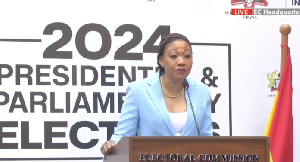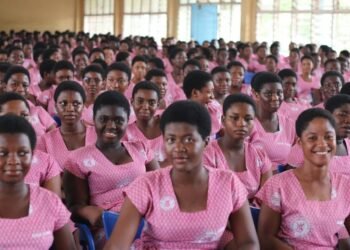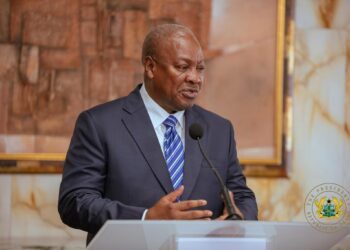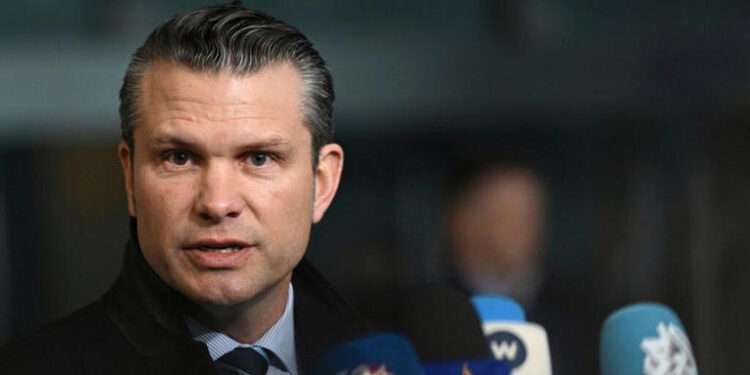Today, April 22nd, marks the 106th day since the Republic of Ghana inaugurated its ninth parliament and the sixth President of the 4th Republic.
This important transition followed the December 7 General Elections held to elect an executive President and the 276 Members of Parliament, for the respective constituencies across the country.
The aftermath of the election was without tension and dilemma; the opposition flagbearer, Vice President Dr Mahamudu Bawumia, as he then was, conceded in an early Sunday, 8th December 2024, broadcast and congratulated former President John Dramani Mahama as he then was on his emphatic victory before official affirmation on 9th December 2024.
The official declaration by the Chairperson of the country’s Election Management Body affirmed that President Mahama polled 56.42% of the total valid votes cast as against 41.75% for his closest contender – Dr Bawumia of the New Patriotic Party (NPP).
However, the parliamentary elections across the 276 constituencies were marred by several irregularities, culminating in some avoidable declaration delays and errors.
For instance, the delay in collating and declaring the results in some isolated constituencies compelled the Electoral Commission to declare President John Mahama the winner of the presidential election without the results of nine constituencies. The nine constituencies were Awutu Senya East, Nsawam Adoagyiri, Akwatia, Suhum, Techiman South, Dome-Kwabenya, Ablekuma North, Ahafo Ano North, and Damango.
As of today, 22nd April 2025, the parliamentary result of Ablekuma North remains uncollated and un-declared, denying the good people of the constituency a representation in the current 9th Parliament of Ghana. The Ablekuma North Constituency election result has been delayed due to the incomplete results sheets from some polling stations.
The process has been suspended seven times, including January 8, 2025, when the Returning Officer resigned over a dispute about the authentication of pink sheets. Out of the 281 polling stations, 278 of the polling station results have been verified, pending 3, which have become the point of contention between the two major political parties, NDC and NPP.
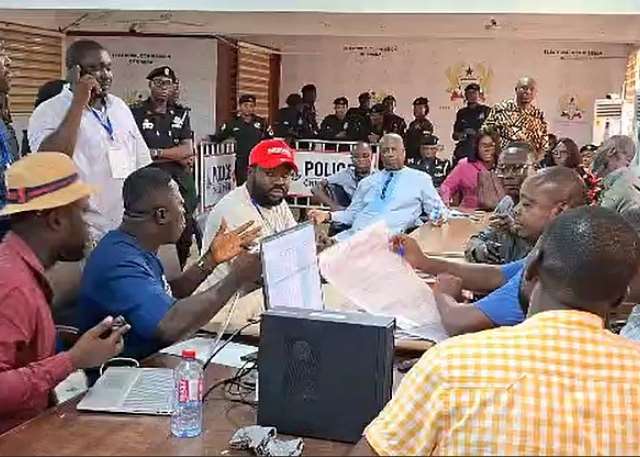
EC’s Promise
In February 2025, the Chairperson of the EC, Mrs Jean Adukwie Mensah disclosed during an IPAC meeting that the Commission had scheduled to meet the two major political parties to have in-depth discussion about the stalemate and bring a finality to it, yet to date, there have not been any public records from the EC of such a meeting or its outcome.
The two contenders, Ewurabena Aubyn of NDC and Nana Akua Afriyie of NPP, have both proceeded to mount their victory billboards across key landmark areas in the constituency, however, neither has yet to be duly sworn in as the member of parliament for the constituency.
The Ablekuma North stalemate and the non-representation in the 9th Parliament cannot be interpreted lightly, it violates the very principles and ideals of the 1992 Constitution – the principle that all powers of the Government spring from the sovereign will of the people; the principle of universal adult suffrage, and respect of fundamental human rights including the right of representation.
In the foregoing paragraphs, I intend to express forcefully why any further non-resolution of the matter is untenable and an affront to Ghana’s representative democracy.
The 1992 Constitution of Ghana, which serves as the supreme law of the land, is anchored on the fundamental principle of representative democracy. At the heart of this system is the right of every Ghanaian citizen to have a voice in governance through duly elected Members of Parliament (MPs).
The prolonged impasse in declaring a winner for the Ablekuma North Parliamentary seat in the 2024 elections, resulting in the constituency’s absence of representation in the 9th Parliament, is a direct affront to this constitutional guarantee.
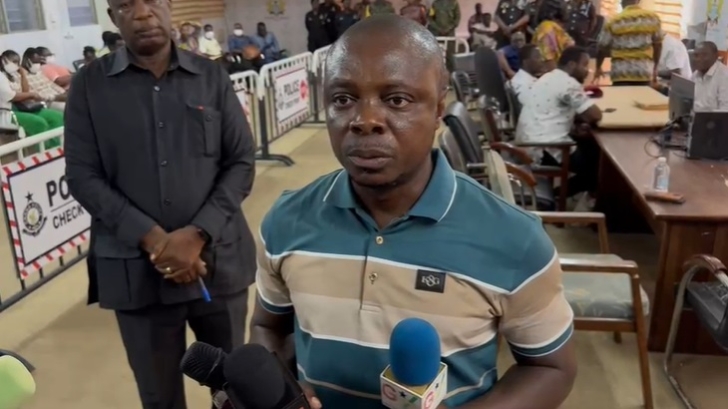
It undermines Article 42, which enshrines the right to vote and to be represented, and violates the spirit of Article 93(1), which mandates that “Parliament shall consist of not less than one hundred and forty elected members representing the constituencies of the country.”
Also, the absence of a Member of Parliament has thus far deprived the people of Ablekuma North of their constitutional right to effective representation in legislative processes.
This includes the ability to influence national decision-making, have their local concerns articulated at the highest level of governance, and benefit from development advocacy that MPs typically champion.
Without an MP, the electorates and residents have been rendered voiceless in crucial debates and decisions on budget allocations, national policies, and constituency-specific issues.
This gap not only diminishes democratic accountability but also fuels marginalization and deepens public distrust in electoral processes and state institutions that are constitutionally mandated to ensure fair and timely elections.
Furthermore, the situation poses a serious constitutional and democratic crisis. It challenges the legitimacy of the 9th Parliament as a truly representative body and reinforces a dangerous precedent where electoral disputes or administrative inaction deny citizens their sovereign right to participate in governance.
If not urgently addressed through the established legal, political, and institutional remedies, the continued lack of representation for Ablekuma North will erode confidence in the electoral and parliamentary systems, weaken Ghana’s democratic foundations, and contradict the principles of equity, justice, and inclusion that the 1992 Constitution so firmly upholds.
Worse of all, the lack of representation of the people of Ablekuma North reinforces a certain paradigm of impunity since 2020. In the entire 8th Parliament of Ghana, the people of the Santrokofi, Akpafu, Lolobi, and Likpe (SALL) traditional area, now constituting the Guan constituency, were without a Member of Parliament due to a very untenable institutional faux pas by the Electoral Commission of Ghana.
On the evening of December 6, 2020, the Electoral Commission of Ghana issued a press statement to the effect that voters in the SALL traditional areas (then in the Hohoe constituency) could not partake in the 2020 parliamentary election scheduled for December 7th, 2020.
Regardless of all the not-so-convincing reasons given by the Commission for such directive, it still did not change the fact that the exclusion of voters in the SALL Traditional Areas from voting in the election for a Member of Parliament was a flagrant violation of the right to vote of the said voters, which amounts to being disenfranchised and not represented in the 8th parliament.
The respected Professor Kwaku Asare, a senior citizen and Fellow of CDD Ghana, describes this blatant constitutional violation as the cardinal sin of the 4th Republic.
Yet I personally do not take solace in this affirmation, as a strong believer in true representative government, it burdens me to witness a promising democratic regime like ours that is nearing maturity, to be confronted with grievous blunders such as the ones discussed above, while the constitutionally mandated institutions such as the Electoral Commission remain so passive in addressing them.
The current stalemate in Ablekuma North is not just a local impasse – it is a national embarrassment and a constitutional crisis that strikes at the very soul of Ghana’s democracy.
The Electoral Commission of Ghana, as the independent constitutional body mandated to oversee credible elections, must rise above bureaucratic inertia and act with urgency, transparency, and fairness to bring finality to the parliamentary contest.
The Commission’s continued silence or delay is an abdication of its duty and a betrayal of the constitutional promise to ensure the enfranchisement of all Ghanaians.
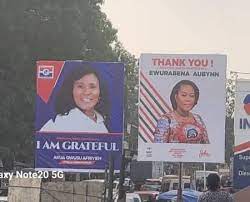
The two major political parties, the New Patriotic Party (NPP) and the National Democratic Congress (NDC), must place national interest above partisan gain. They must come to the table in good faith, guided by a shared commitment to democratic integrity and the rule of law, and work towards a peaceful and lawful resolution of the impasse.
The Parliament of Ghana must not remain passive in the face of such a grievous democratic deficit. It must use its institutional voice to demand accountability, press for resolution, and ensure that every Ghanaian constituency is duly represented in the House of the People.
Civil society organizations, the media, and all democracy-focused actors must also amplify public pressure and intensify advocacy to restore representation to the people of Ablekuma North.
This is not merely a procedural issue; it is a moral and constitutional imperative. Ghanaians cannot afford to normalize a democracy where, every four-year cycle, an entire constituency is denied representation.
The time to act is now. Let the institutions mandated to protect and promote democracy prove that the rights of the people are not negotiable. Ablekuma North must have a voice in Parliament – it must not become the second cardinal sin of the 4th republic after SALL; anything less is a dangerous mockery of our constitutional order.
The Author: Evans Senior Owu, is an Activist, a Public Policy Analyst, and an EPL Ghana & YALI-trained young Leader.
READ ALSO: CJ Suspended, Committee Commissioned to Investigate Petitions

